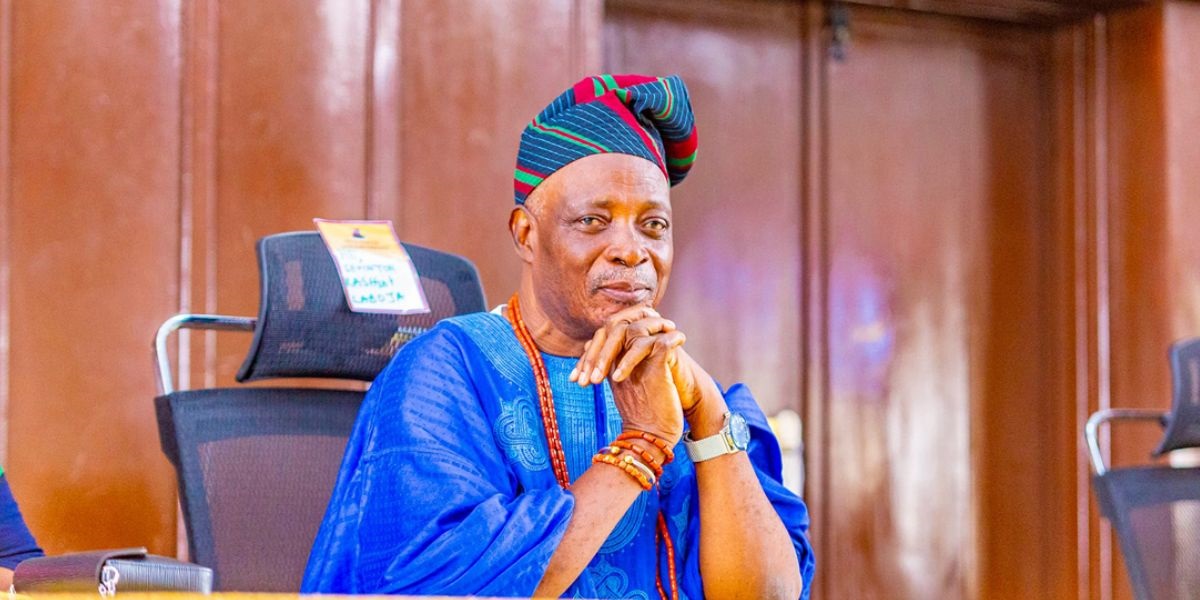Forum of Commissioners of Power and Energy has expressed strong reservations over a move by the Senate to amend the Electricity Act 2023, describing the move as concerning and potentially disruptive to the decentralised framework of electricity governance.
In a letter dated July 16, 2025, and addressed to the Chairman of the Senate Committee on Power, Senator Enyinnaya Abaribe, the forum requested a copy of the proposed Electricity Amendment Bill 2025 to enable them to review the provisions and make informed input.
The letter, which was jointly signed by the Chairman of the Forum and Commissioner for Power and Renewable Energy in Cross River State, Eka Williams, and the forum’s Secretary and Commissioner for Power, Renewable Energy and Transport in Benue State, Omale Omale, described the 2023 Act as a landmark legislation that only recently emerged after broad-based consultation and legislative rigor.
According to the commissioners, it is surprising and concerning that such a critical amendment process is being initiated without adequate involvement of state-level actors, who are primary stakeholders in electricity regulation under the new decentralised framework.
“The Electricity Act 2023, as it stands, is a landmark piece of legislation that finally aligns with both the spirit and letter of our Constitution by decentralising control and fostering greater state participation in the electricity sector,” the forum stated.
It described electricity as a concurrent matter under the Nigerian Constitution, and any amendment to the 2023 Act must reflect the realities and legal frameworks of subnational governments.
According to the forum, more than 13 states have already enacted their electricity laws and established regulatory bodies under the provisions of the current Act, arguing that any abrupt changes to the legislation can create inconsistencies and undermine the progress states have made in their electricity reforms.
The forum appealed to the Senate committee to immediately share the draft amendment bill with them for review and pledged their willingness to collaborate on any reform effort that strengthens the sector.
They also offered to engage the Senate committee in dialogue and consultations to ensure that any legislative changes align with the laws of the states and uphold the constitutional framework of electricity as a concurrent responsibility.
The forum advocated a collaborative approach that would ensure the sustainability of electricity reforms and protect the integrity of decentralised governance in the power sector.






